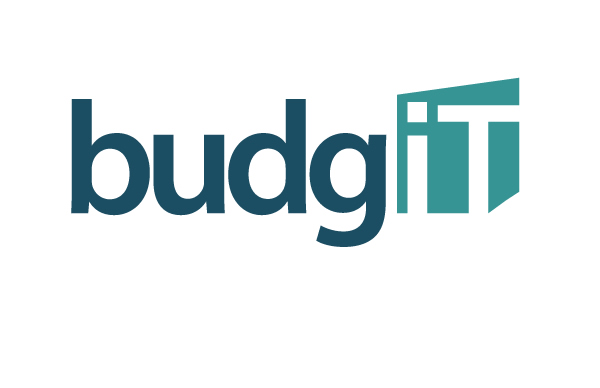In 2024, the Nigerian federal government allocated over N22.7 billion (approximately $13 million USD at the then-current exchange rate) to various solar power projects across the country. This investment, documented on BudgIT’s GovSpend platform, was distributed among multiple ministries, departments, and agencies (MDAs) and targeted diverse initiatives including rural electrification, street lighting improvements, infrastructure upgrades in slum areas, and disaster relief in flood-affected regions. The projects spanned numerous states, with a notable concentration in Kano, Lagos, and Sokoto states. Several private companies were contracted to execute these projects, ranging from the supply and installation of solar streetlights to larger-scale infrastructure development incorporating solar power solutions. The funding was channeled through entities such as the Federal Ministry of Agriculture and Food Security, the National Rural Electrification Agency, the Federal Ministry of Works, the Transmission Company of Nigeria, and the Energy Commission of Nigeria.
A detailed examination of the expenditure reveals a series of payments made throughout the year. Early in the year, substantial funds were directed towards solar streetlight installations in various local government areas within Kano and Kebbi states. The National Rural Electrification Agency also focused on market lighting in Lagos and broader projects in the Northeast geopolitical zone. As the year progressed, funding was allocated to address flood-related issues in Lagos and to support slum upgrade initiatives in Kano. Significant investments were also made in road construction projects incorporating solar streetlights, particularly in Niger State. The Transmission Company of Nigeria supported solar panel installations in a major market in Kano, while the Energy Commission of Nigeria funded larger-scale solar streetlight deployments across several states, including Kano, Niger, Bauchi, Ogun, and Jigawa.
The government’s investment in solar energy reflects a broader national strategy to expand access to renewable energy across various sectors, encompassing education, healthcare, agriculture, rural communities, and transportation. This initiative aims to address the energy deficit affecting a significant portion of the population, estimated at 80 million Nigerians, and contribute to sustainable economic development and reduced rural-urban migration. The “Desert to Power” project, supported by a $700 million investment from the African Development Bank, is a key component of this strategy, aiming to harness the abundant solar resources in northern Nigeria. The government emphasizes the complementary nature of on-grid and off-grid solutions in achieving a comprehensive energy strategy, with a focus on expanding off-grid options to reach underserved communities.
Despite the government’s declared commitment to renewable energy, concerns have been raised regarding the adequacy of the investment and the effectiveness of project implementation. Critics point to the relatively small sum allocated to renewable energy in 2024, particularly when compared to the scale of investment in other countries, such as China. The disparity between Nigeria’s renewable energy progress and the rapid advancements in global clean energy adoption underscores the need for a more substantial financial commitment. Furthermore, questions have been raised regarding the quality and durability of the installed solar infrastructure, as well as the oversight mechanisms in place to ensure long-term functionality. Past experiences with solar projects, particularly those implemented as constituency projects by National Assembly members, have highlighted the risk of inadequate maintenance and eventual failure of these systems.
Experts advocate for a more strategic and robust approach to renewable energy investment in Nigeria. This includes not only increased funding but also a greater emphasis on quality control, monitoring, and stakeholder engagement. Concerns have been raised about the lack of participation from key stakeholders, including donor organizations, development partners, and industry associations, in crucial discussions surrounding renewable energy policy and implementation. This absence hinders effective regulation and oversight, potentially allowing substandard products to enter the market and undermining the long-term viability of solar projects. A comprehensive evaluation of the power sector, encompassing security, funding, and consumer satisfaction, is needed to address the underlying challenges and ensure that investments translate into tangible benefits for the population.
The transition to renewable energy sources is crucial for Nigeria’s sustainable development and economic growth. While the government’s investments in solar power projects represent a positive step, the scale of these investments needs to be significantly amplified to address the nation’s energy deficit and keep pace with global advancements in clean energy technology. Moreover, a more robust framework for project implementation, monitoring, and stakeholder engagement is essential to ensure the long-term effectiveness and sustainability of these initiatives. A paradigm shift in the government’s approach, prioritizing substantial funding, strategic planning, and rigorous oversight, is necessary to realize the full potential of renewable energy and secure a cleaner, more sustainable energy future for Nigeria.














